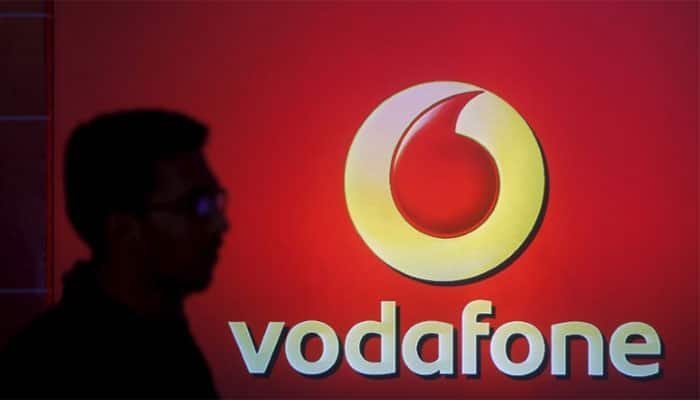New Delhi: The Supreme Court on Thursday allowed telecom major Vodafone to initiate the second arbitration against India by paving the way for appointment of the presiding arbitrator/chairman in connection with a tax demand of Rs 11,000 crore through a retrospective law of 2012.
Vodafone said India does not have any juridiction on the issue as there is an investment pact with the United Kingdom.
The Centre argued that it was an "abuse of the process of law" as the cause of action of the second arbitration was the same as the first one and is against the same host state.
A bench of Justices A K Sikri and Ashok Bhushan said that the chairman can be appointed so that the arbitration tribunal is set up but it should not commence hearing till the Delhi High Court decides the pending matter by January 10.
The top court was hearing the Centre's plea challenging the October 26 order of the high court asking the Vodafone Group to participate in the process of appointing a presiding arbitrator in its second arbitration.
Vodafone had in 2014 initiated arbitration proceedings under the India-Netherlands Bilateral Investment Protection Agreement (BIPA) in connection with the tax demand raised against it, which are still going on.
In the second arbitration initiated in January 2017, Vodafone had initiated the process under the similar India- United Kingdom BIPA in connection with the tax demand.
Additional Solicitor General Maninder Singh said there were four findings in the high court order which were in favour of the government, but the October 26 order should not have allowed starting the process of appointment of the presiding arbitrator.
He said the high court had observed that it was an abuse of the process of law as it was against the same cause of action, facts and parties and the Centre was forced to appoint an arbitrator.
Singh said the International Court of Justice told India that either you appoint the arbitrator or it will appoint one.
The bench asked how this matter had reached the ICJ.
Senior advocate Mukul Rohatgi, appearing for the telecom major, said the matter reached the ICJ as there is an investment pact between two countries.
"While the first arbitration which was initiated in 2014 by the company under the India-Netherlands BIPA is still going on, they want the second process to start under the India-UK pact," Singh argued.
The ASG, however, said he did not wish to delay the start of the process.
Rohatgi contended that the Centre had not challenged the order immediately after it was passed by the high court on October 26 and the parties even appeared before the court on the next hearing on November 17.
"When the order was passed, they were not aggrieved part then, they in fact accepted that order and didn't file the appeal challenging the order. They still have remedy and could file the appeal in high court," he said.
The court said it would like to say that the Centre may participate in the process of appointment of chairman of arbitration but the tribunal would not start hearing till the high court decides the issue.
Rohatgi said India actually does not have jurisdiction in the matter as there is an international pact and the plea of the Centre is in anticipation.
The bench enquired from the parties by when the next hearing of the case is scheduled in high court.
After being informed that it is listed on January 8, it said it expected the hearing to take place before the single judge of high court on the scheduled date and pass the relevant order by January 10.
On October 26, the high court had allowed the telecom company to participate in the second arbitration against India on the same issue of tax demand.
The high court had on August 22 restrained Vodafone from participating in the arbitration initiated under the India- UK BIPA in connection with the tax demand raised against the company in relation to its USD 11 billion deal acquiring the stake of Hutchinson Telecom.
The government is of the view that the USD 11 billion acquisition of stake of Hutchinson Telecommunications International Limited (HTIL) in Hutchinson Essar Limited (HEL) by Vodafone was liable for tax deduction at source (TDS) under the Income Tax Act.
As Vodafone had not deducted the tax at source, the government had raised the demand of Rs 11,000 crore which was subsequently quashed by the Supreme Court on January 20, 2012.
Thereafter, the government made a retrospective amendment to the Income Tax Act which re-fastened the liability on Vodafone.
Aggrieved by the imposition of tax by the retrospective amendment, Vodafone International Holdings BV (VIHBV), a Vodafone Group subsidiary, had invoked the arbitration clause under BIPA between India and Netherlands through a notice of dispute of April 17, 2012 and notice of arbitration of April 17, 2014.
















